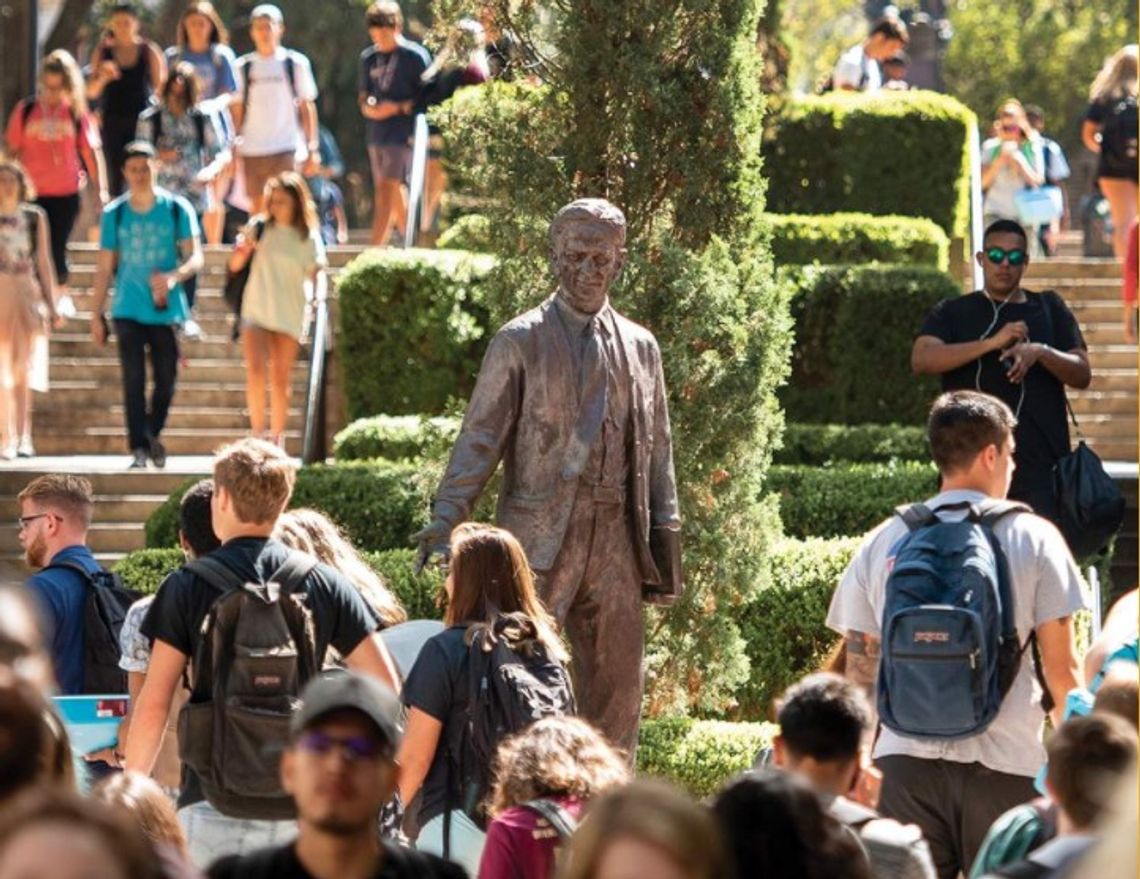Staff edit: Texas State University is not holding classes virtually for two weeks, as a prior photo caption stated. This was in reference to COVID-19 earlier this year, not Monkeypox.
Staff Report
SAN MARCOS -- An individual in the Texas State University community has tested positive for Monkeypox.
Dr. Emilio Carranco, Chief Medical Officer and Director of the Student Health Center, sent an emergency notification email to the Texas State faculty, staff and students in the morning hours of Tuesday, Aug. 23, to inform them of the situation.
The individual lives off campus and will remain in isolation until the rash heals and is no longer contagious as recommended by CDC guidelines, according to the email. The Hays County Local Health Department (HCLHD) will conduct a case investigation and assist in identifying and contacting close contacts of the positive case.
"While the risk of exposure to Texas State campuses remains low, this notice is being sent to comply with requirements of the Clery Act," Carranco said in the email. "The university will carefully analyze any subsequent or additional Monkeypox reports on a case-by-case basis and will issue additional notices only if other significant factors warrant such notification."
To prevent Monkeypox infection and spreading to others, the university community is encouraged to take the following steps:
- Avoid skin-to-skin contact with a person who has developed a pimple or blister-like rash
- Do not share utensils or touch bedding, clothing or towels used by a person with monkeypox
- Wash your hands often with soap and water or use hand sanitizer
- Watch for monkeypox symptoms such as muscle aches, fatigue, headache, fever, swollen lymph nodes, sore throat, congestion, or cough
- Watch for a new pimple or blister-like rash in the genital area, chest, arms, hands, or face
- If you suspect monkeypox, wear a face mask, isolate from others, and call your primary care provider or the Student Health Center at 512-245-2161 to schedule an evaluation
- Information on Monkeypox is available on the Texas State Student Health Center website.










